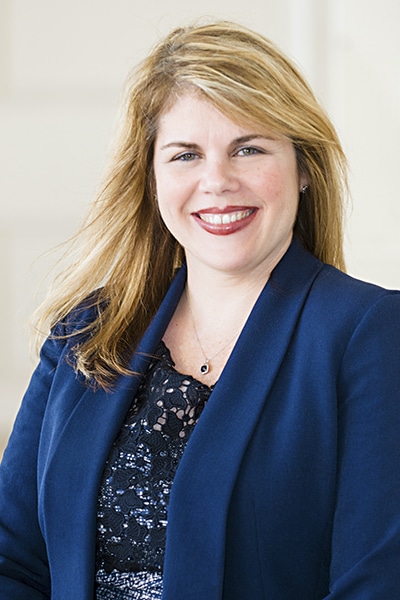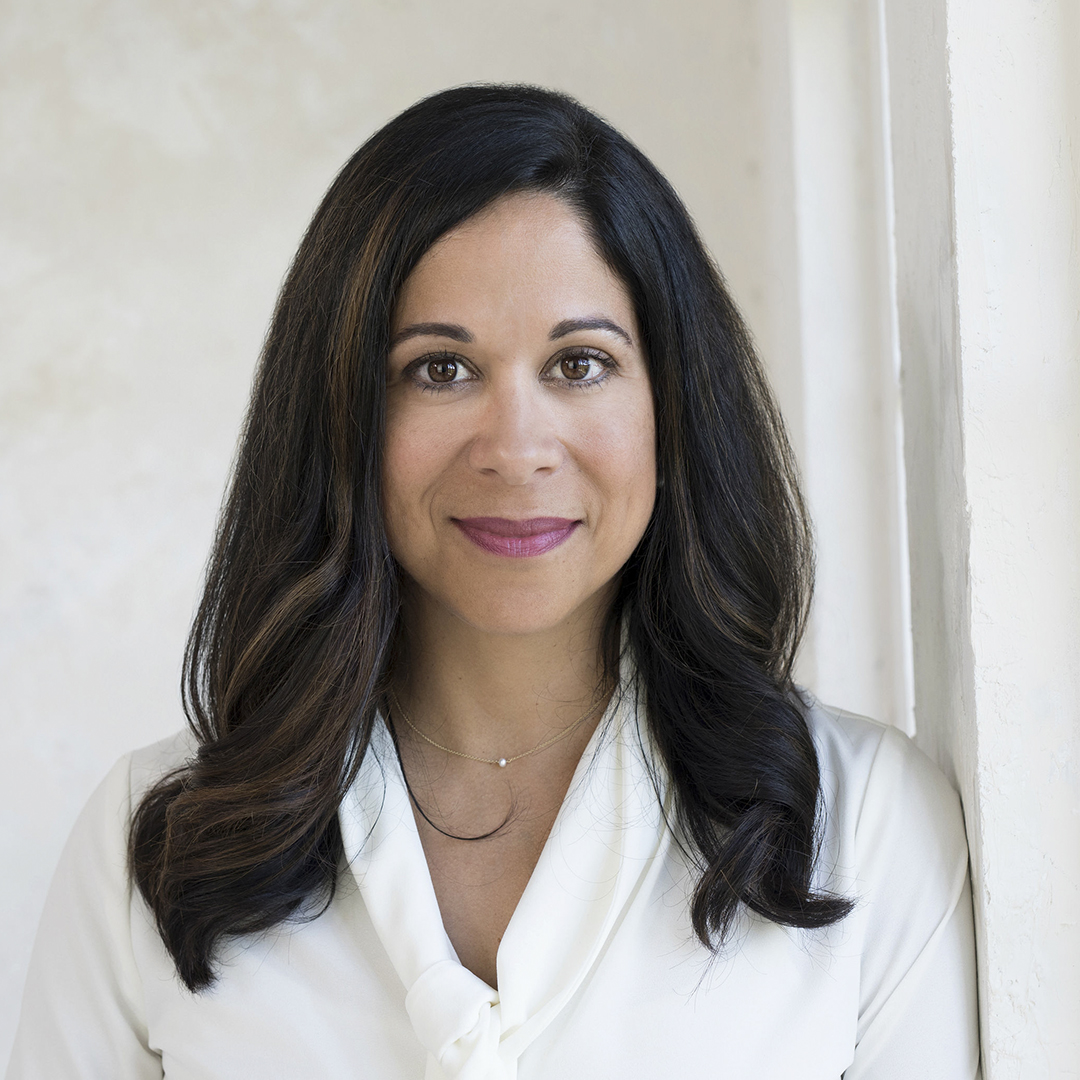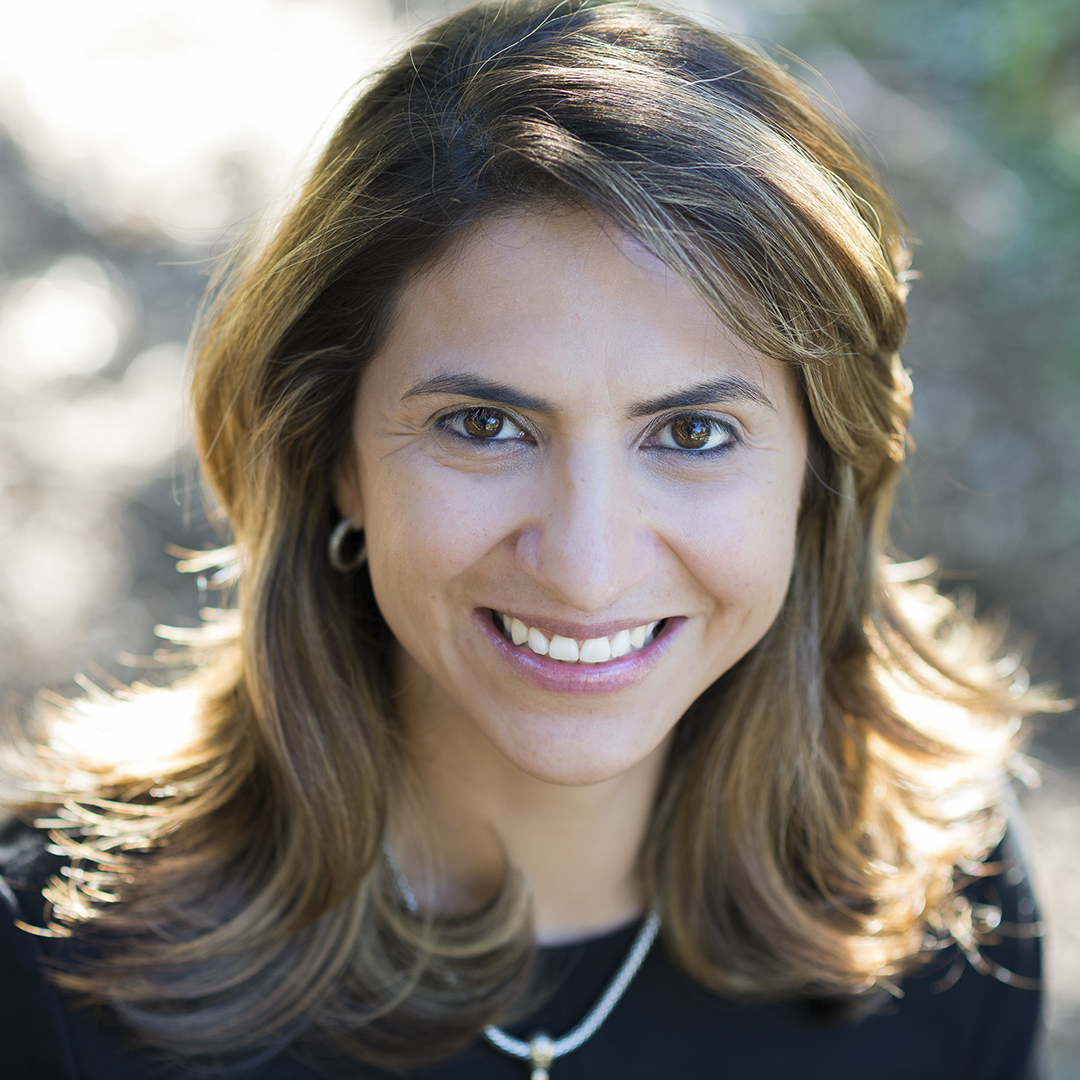|
Getting your Trinity Audio player ready...
|
Irene Oria has wanted to be a lawyer since she was five years old living in Union City, New Jersey. She may not have known any personally, but she had seen plenty on TV and in movies—and as she got older, she says, “my parents and grandmother, Cuban immigrants, emphasized the importance of law and the dangers of a lawless society.” They had fled the political situation in Cuba before Oria was born, and the experience stayed with them.

“I grew up knowing that my family would be so proud of me if I became a lawyer and could advocate for our rights and liberties, which were taken away from them in their country of origin,” she says.
With the help of scholarships and financial aid, she was able to attend Columbia University for her undergraduate studies and then Cornell Law School.
“As a Hispanic low-income student in those elite institutions, I felt very different from everybody else,” she says. “There weren’t many other students like me, with my background and my experiences.”
She first became involved with the Hispanic National Bar Association (HNBA) in 1998 as a student at Cornell. That year, she attended the organization’s midyear national conference to participate in their Moot Court Competition, where her team won the award for best brief. “From the very beginning, the organization impressed me,” she says. “In countless ways, it’s helped me become a better lawyer and a better leader.”
“In the past, not only have we been attacked by common enemies who aren’t Latinos but at times we’ve attacked each other.”
Oria joined the HNBA leadership team in 2014 as a regional president in Florida, where she’s lived for nearly twenty years, then served as national finance director and vice president of programs before being elected national president in 2018.
She’s excited about a number of initiatives planned for 2020, when the organization’s theme is “Looking Forward With 20/20 Vision.” What that means, Oria says, is this: “We are one community looking forward and leaving behind any stereotypes or prejudices. In the past, not only have we been attacked by common enemies who aren’t Latinos but at times we’ve attacked each other. We cannot move forward unless we are one.”
Because 2020 is an election year, she says, the HNBA will be working on what Oria describes as “nonpartisan election-related efforts to maintain the integrity and security of the election—poll working, poll closing observation, voter protection efforts, voter registration drives, everything that we can do as lawyers using our unique skill set.”
She also says that some Hispanic attorneys—government, nonprofit and solo/small firm practitioners—aren’t as engaged in the organization as they could or should be, and she’s planning to study why that is and provide more support and training in order to ensure their success. At the HNBA 2020 annual convention in September, for example, the HNBA will be launching a solo/small-firm boot camp to help these attorneys advance their careers.
“It’s kind of like going back to our roots, because HNBA was started in the 1970s by civil rights lawyers at a time when the Hispanic community was discriminated against, and our community is going through some hard times again now,” she says. “So, it’s appropriate for us to turn the focus back on those public interest lawyers to make sure that we are doing everything we can to support them.”
“It’s kind of like going back to our roots, because HNBA was started in the 1970s by civil rights lawyers at a time when the Hispanic community was discriminated against, and our community is going through some hard times again now.”
In her own career, Oria has been busy as well. Over the last two decades she’s worked as an associate and senior counsel at several Am Law 100 law firms and served as a federal law clerk to a US district judge and as an assistant US attorney in the civil division of the Department of Justice in Miami.
In 2018, she joined the law firm FisherBroyles as a partner, attracted by the fact that it has a different model than most traditional law firms. Instead of having a traditional brick-and-mortar office, the firm operates in a distributed model, leveraging technology over real estate and experience over the training of young associates.
“It’s the first and the largest national, distributed law firm,” Oria says. “It started in 2002, and today we are a full-service, cloud-based law firm that has grown from 2 lawyers to over 240 attorneys in over twenty cities—and we’re still very much in a growth mode and in the process of international expansion.”
Not having unnecessary physical offices, support staff, or other overhead that does not benefit clients means, FisherBroyles attorneys can charge clients lower rates. Whereas traditional law firms charge clients for the training of young associates, the vast majority of FisherBroyles attorneys are partners with at least seven years of experience. FisherBroyles also eliminates conflicts of interest traditionally found in the delivery of legal services by eliminating billable quotas, utilizing a nondiscretionary partner compensation formula, and incentivizing and empowering partners to deliver efficient, client-customized rates and services.
Oria says while traditional law firm partners earn 30 percent or less of the revenue they generate for the firm, at FisherBroyles partners get paid 80 percent of the revenue they generate for the firm from their own work for their personal clients and 48 percent of the revenue generated from their work for their partners’ clients. They are incentivized to share work by earning 32 percent from work they originate and share with other partners. Oria is doing the same type of high-exposure, class action defense work she did before at Am Law 100 law firms, she says, but is working more efficiently because of the FisherBroyles model.
“This is the most exciting time in my career thus far, both in terms of really enjoying the model at FisherBroyles, and then of course serving the HNBA, an organization that has been with me my entire career. It does such important work to ensure the advancement and representation of Hispanic lawyers in the legal profession and, of course, to advocate for the interests of the Hispanic community at large in the US,” Oria says. “The privilege and honor of leading the organization this year will undoubtedly be one of the most rewarding experiences of my career.”

